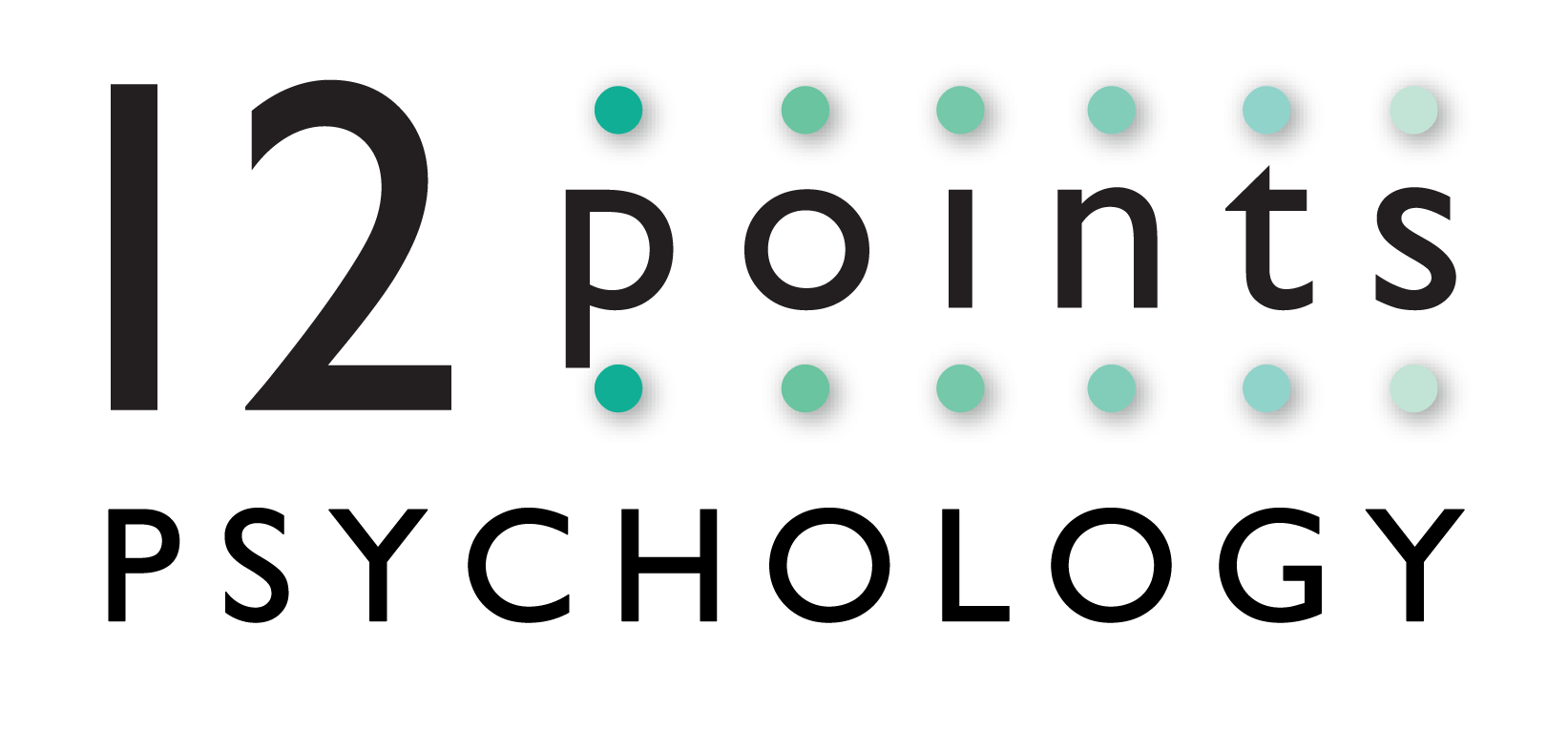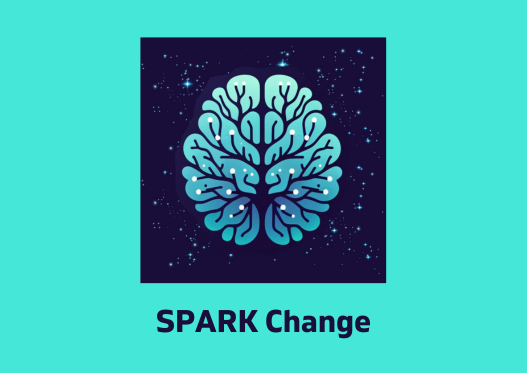Introduction
As most innovations do, SPARKS grew out of necessity. To be more precise, it emerged out of desperation.
Allow me to shed light on this by introducing myself. I’m Danielle Graber, a clinical psychologist, animal-assisted therapist, board-approved supervisor, and the Director of 12 Points Psychology, a group Private Practice in Melbourne, and Therapeutic Tools of the Trade, an online CPD membership program. I’m also a lifelong Star Wars fan, a hypercompetitive board game addict, a perfectionistic people-pleaser, a wife, friend, sister, daughter, and proud pet parent to 3 dogs, 2 cats, a bearded dragon, an axolotl, and a variety of fish. And yes, in case you were wondering after that introduction, I’m also an ADHD-er.
I share this with you so that when I tell you I know what it means to juggle, you’ll believe me. When I say I’ve found a better way to manage that juggle, perhaps you’ll also believe I know what I’m talking about.
My Big Burnout
In what came as no surprise to anyone but me, 2020 saw me experience a significant burnout. With nearly 30 years of experience in healthcare and over a decade as a therapist, I had experienced periods of the ‘mehs’ before, as we all do. But this time was different—it was full-blown, resenting clients, snapping at everyone, and withdrawing into a blubbering antisocial ball on weekends. This was Big Burnout (BB).
Admitting to burnout, especially as a therapist, isn’t easy. We’re expected to exude nothing but sweetness and light, except for the occasional empathic confrontation, of course. Our mantra is “it’s not about me.” But unless you’re a robot (or a pure Freudian, I suppose), it is absolutely about you.
What No-One Talks About
It’s about the vicarious trauma we’re exposed to daily, the cost of co-regulating with each client, navigating complex mental health questions within complicated third-party requirements, and dealing with the judgment of the public (and often peers) when we seek compensation for our time, energy, and expertise.
What I eventually learned during my recovery and relapses from the BB was that it’s not just that it is about you—it has to be about you. Our clients, our pets, our partners, and our children all benefit when we’re at our best, that’s true. But we also deserve to be at our best purely and simply for ourselves.
Traditional Self-Care vs. SPARKS
This is where traditional self-care approaches, while momentarily soothing, often fall short in addressing the root causes of burnout. They can even add to the stress because of the pressure to “do self-care right.” SPARKS, on the other hand, addresses key factors that are common among healthcare workers in general, and therapists in particular:
Self-Sacrificing Tendencies
-
- Lighting ourselves on fire to keep others warm.
-
- Believing we shouldn’t complain or that we have to be strong for everyone.
-
- Overcommitting to clients and feeling guilty about taking breaks.
Perfectionistic Tendencies
-
- Feeling the need to have it all together because we’re therapists.
-
- Being afraid to try new things out of fear of failure.
-
- Believing that self-care must adhere to strict routines.
The Mental Load
-
- The emotional toll of co-regulation.
-
- Vicarious trauma from hearing countless sad and traumatic stories.
-
- Always being a listening ear for everyone.
-
- Balancing the responsibility we have for our clients with trying to have a personal life.
The SPARKS Difference
SPARKS is founded on true resilience-building and sustainable self-care that doesn’t add to your mental load. It offers a mindset shift towards lasting resilience, incorporating biology, neuroscience, ACT, Schema theory, and developmental psychology to provide a comprehensive framework for daily self-care. It enhances your well-being without overwhelming you.
Conclusion
While traditional self-care offers temporary relief, it often lacks depth and sustainability. SPARKS is not a quick fix; it’s a path to lasting resilience. It’s time to make self-care a daily habit that enriches your life without adding to your mental load.
I hope the SPARKS approach resonates with you, and I look forward to sharing more insights and examples of its effectiveness in the near future.
In the meantime, please feel free to email me with any questions or comments you have about SPARKS or sign up to my special SPARKS mailing list to be informed when webinars, mini-implementation challenges and resources become available, including my soon-to-be-released eBook!

